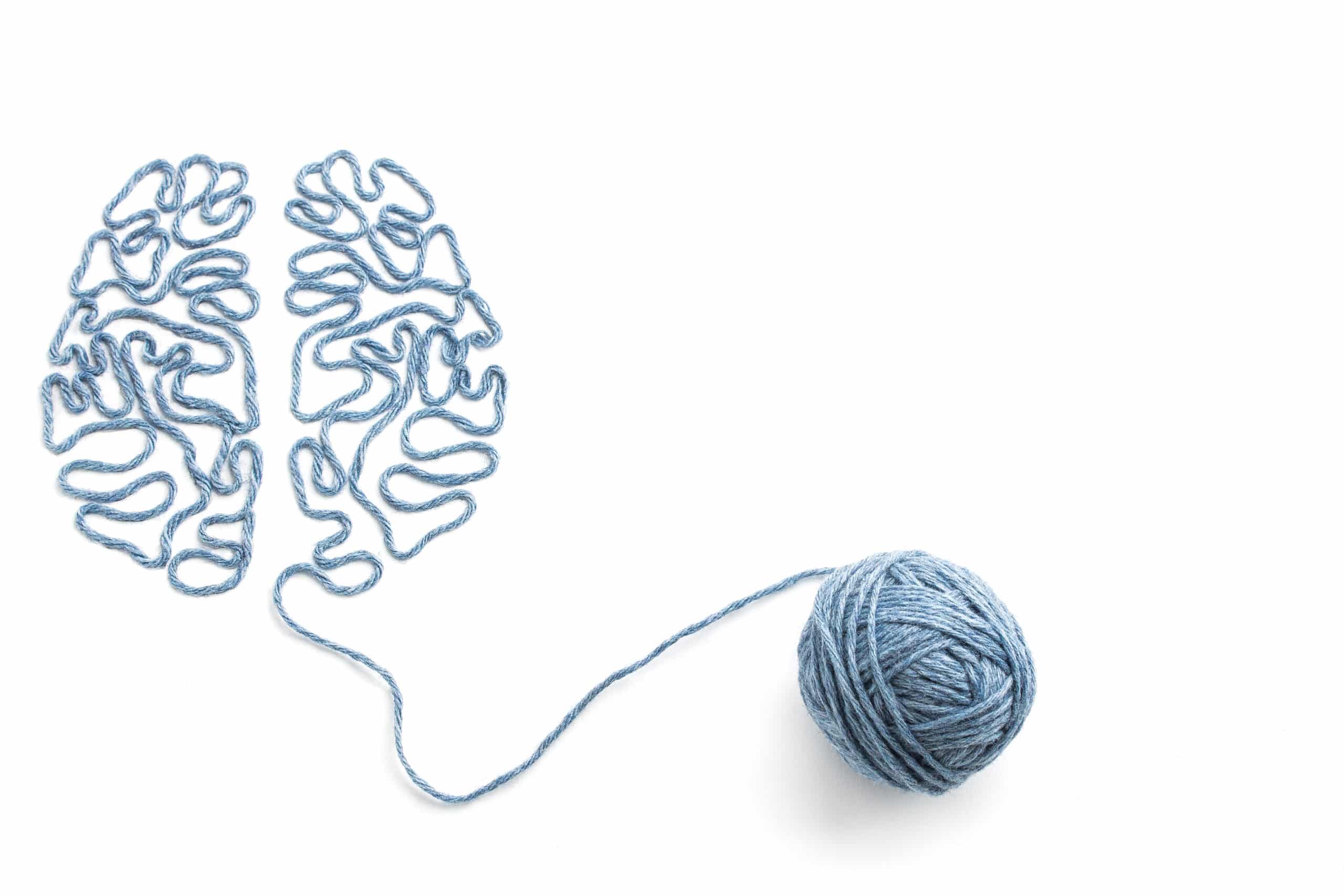How Does Anxiety Affect the Brain?
- Updated:

Anxiety is a prevalent and multifaceted mental health issue that touches the lives of countless individuals worldwide. An estimated 5.7% of U.S. adults will experience generalized anxiety disorder at some point. While most associate it with mental symptoms like excessive worry or a heightened sense of fear, few realize how anxiety intertwines with our brain’s architecture and operations. From our neural pathways to chemical neurotransmitters, anxiety can leave its mark in varied, often profound, ways.
While people may speculate about whether anxiety is considered neurodivergent, it’s crucial to recognize its distinct manifestations and its deep connections to our brain’s functions. As we delve into this topic, we aim to unravel the complex nature of anxiety, illuminating its profound relationship with our brain. Join us on this journey to truly understand the essence of fear and the subtle ways anxiety impacts the brain.
What is Anxiety?
Anxiety is the body’s natural response to stress, akin to an internal alarm that rings when we face potentially harmful situations or uncertainties. It can be defined as fear or apprehension about what’s to come, acting as a psychological and physiological response to stimuli that may be threatening or unfamiliar. Anxiety manifests in various ways, from the fluttering feeling in the stomach before giving a public speech to the racing heart before a significant event. Everyone has experienced anxiety at some point, be it before a big test, a job interview, or a life-changing event.
It’s a natural part of our evolutionary defense mechanism to feel anxious in response to potential threats. However, when such feelings persist, become overwhelming, or hinder our daily functioning, they point to a more profound issue: an anxiety disorder. These disorders encompass a range of conditions, each distinct in its symptoms, yet they often share common emotional and physical reactions. Notably, anxiety is one of the most prevalent mental health disorders globally, underscoring the significance of understanding and addressing its impact.
Among these disorders are generalized anxiety disorder, which deals with chronic worry about various facets of one’s life; panic disorder, characterized by sudden and intense episodes of fear; and social anxiety disorder, in which individuals harbor fears of being judged or embarrassed in social situations. It’s important to note that while both social anxiety and avoidant personality disorder involve a fear of social interactions, their root causes and coping mechanisms can be distinct.
What are the Effects of Anxiety on the Brain?
The brain is an intricate organ, and its relationship with anxiety is multifaceted and deeply interconnected. Research indicates that the brain’s structure, function, and even how its chemicals communicate can be influenced by both environmental experiences and genetic predispositions. Delving into the impact of anxiety on the brain, here are some key insights:
Amygdala and Hippocampus:
Chronic anxiety can lead to structural changes in the brain, particularly in areas responsible for memory and emotional responses. The amygdala, responsible for detecting threats and triggering fear responses, can become hyperactive in people with anxiety. At the same time, the hippocampus, which plays a role in forming memories, can shrink due to persistent stress.
Neurotransmitter Imbalance:
Anxiety can affect neurotransmitters, the brain’s chemical messengers. Imbalances in neurotransmitters like serotonin, dopamine, and norepinephrine can contribute to feelings of sadness, hopelessness, and anxiety.
Brain Waves and Connectivity:
People with anxiety often show differences in brain waves, indicating altered connectivity between different brain regions. This altered connectivity might cause the brain to overreact to non-threatening situations.
Stress Response:
The brain releases stress hormones such as cortisol during anxiety-inducing situations. While this is a normal response to immediate threats, prolonged exposure to these hormones can impair brain functions and contribute to anxiety disorders. One common question people have is, “Is my shortness of breath anxiety?” This question often arises because anxiety can trigger physical symptoms that mimic other health conditions.
Anxiety Treatment Options
Knowing how anxiety affects the brain also means we can develop effective treatment methods. Here are some of the common treatments for anxiety:
- Therapy: Cognitive Behavioral Therapy (CBT) is one of the most common treatments for anxiety. It focuses on identifying, understanding, and changing negative thought patterns and behaviors.
- Medication: Various medications, including selective serotonin reuptake inhibitors (SSRIs) and benzodiazepines, can help alleviate anxiety symptoms. However, working closely with a healthcare provider to determine the proper medication and dosage is essential.
- Mindfulness and Meditation: Practices like yoga, deep-breathing exercises, and meditation can help refocus the mind and reduce anxiety. For those exploring how to manage anxiety without medication, these holistic approaches can be particularly beneficial. They work by calming the sympathetic nervous system, which often becomes overactive during stress.
- Lifestyle Changes: Regular exercise, a balanced diet, adequate sleep, and avoiding caffeine and alcohol can significantly reduce anxiety symptoms.
- Residential or Outpatient Treatment: Inpatient treatment provides an intensive, structured environment where patients stay at the facility, receiving continuous care and support. Outpatient treatment, on the other hand, allows individuals to live at home while attending scheduled therapy sessions at the center.
Treatment for Anxiety at Acera Health
At Acera Health, we understand how anxiety can impact the brain and an individual’s life. Our comprehensive approach to treating anxiety is rooted in evidence-based practices and personalized care.
- Inpatient Residential Treatment: Our centers in Orange County provide a nurturing environment where patients can focus solely on recovery. Our trained professionals offer round-the-clock care and a structured routine that can immensely benefit those battling severe anxiety.
- Outpatient Treatment: For those who need support but cannot commit to a residential program, our outpatient treatment in Costa Mesa offers PHP (Partial Hospitalization Program) and IOP (Intensive Outpatient Program). These programs provide the care and support needed for recovery while allowing patients to maintain some of their daily routines.
At Acera Health, we believe in holistic healing. By understanding how anxiety affects the brain, we can develop treatment plans that address the symptoms and the root causes. If you or a loved one is battling anxiety, trust in our expertise and care to guide you towards a healthier, happier future.
Share:
Related Resources

How to Manage Anxiety without Medication
How to Manage Anxiety without Medication Reviewed by: Melody Stone Living in today’s fast-paced world, it’s not unusual for many of us to experience bouts

Is Anxiety Considered Neurodivergent?
Is Anxiety Considered Neurodivergent? Reviewed by: Melody Stone For many, understanding the realm of mental health can sometimes be like navigating through an intricate maze.

Difference Between Social Anxiety vs. Avoidant Personality Disorder
In today’s age, good mental health is increasingly recognized as an essential aspect of a balanced lifestyle. While discoveries about the brain are being made




